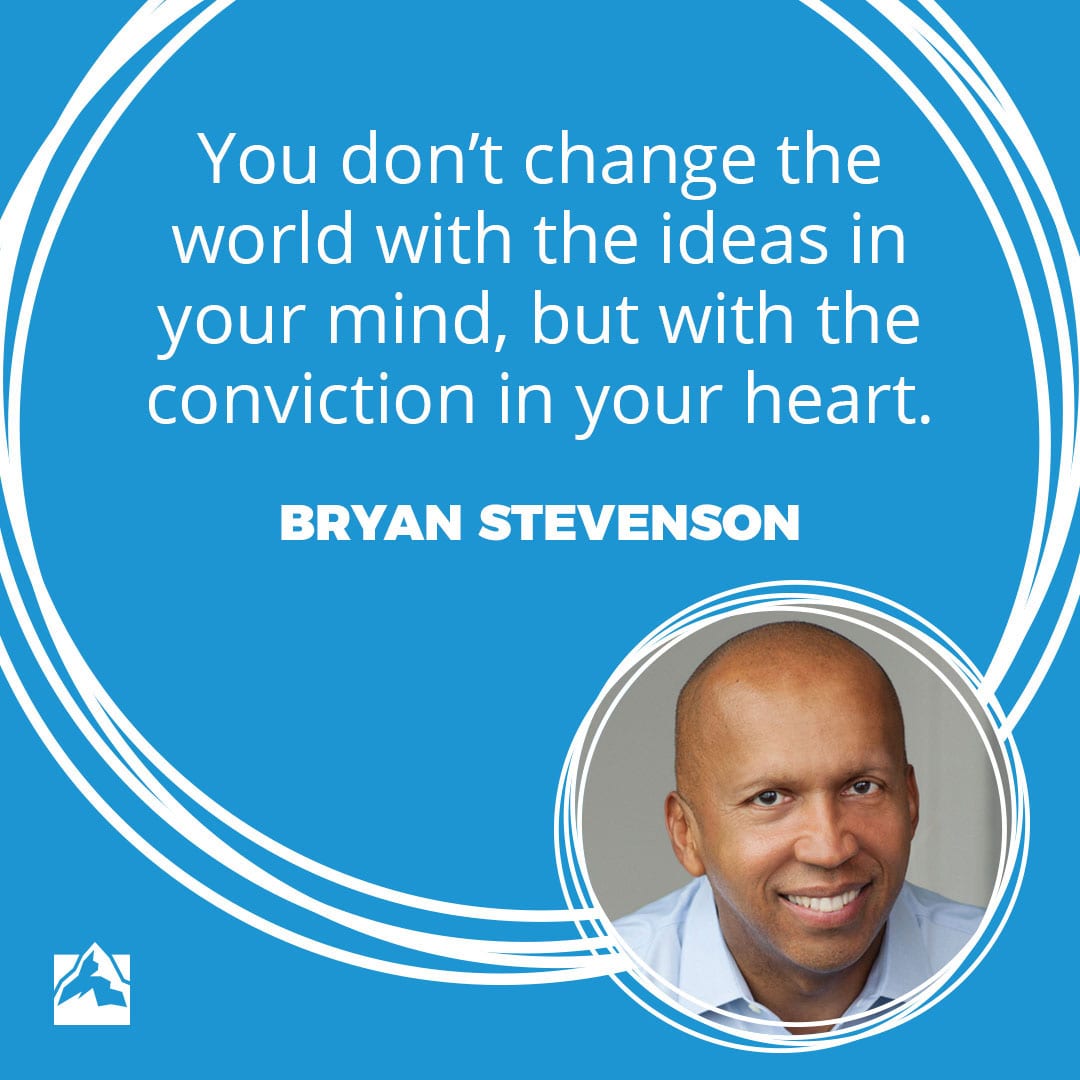
You don’t change the world with the ideas in your mind, but with the conviction in your heart.

You don’t change the world with the ideas in your mind, but with the conviction in your heart.
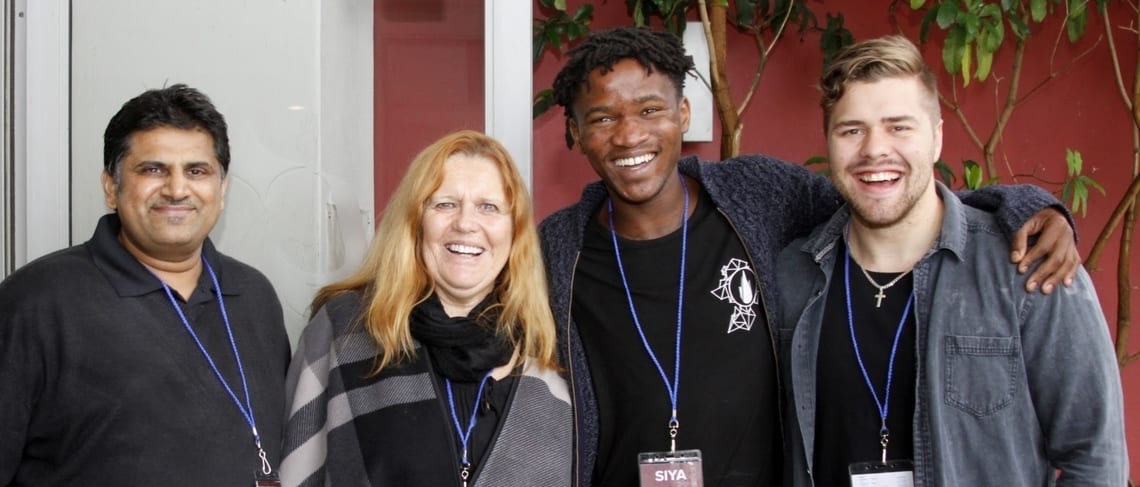
Grace Family Church is a contemporary, multi-campus community that has been part of Willow Creek Association since the year 2000. It has hosted the GLS in Durban, South Africa every year since its inception in 2005. In 2015, after selling out the GLS for a number of consecutive years, the church felt God saying to run the GLS over two weekends to accommodate the people who wanted to attend.
Grace Family began in 1992 when Mark and Christine van Straaten opened the doors of the church in a small school. In 1997, they attended the Summit in Chicago and it turned their lives upside down. They returned to Durban and changed how they ran their church. God blessed their courage and vision, and the church has continued to grow and reach people with the message of Christ. Currently they have nine Sunday services every weekend, spread across three campuses with about 4000 people in attendance.
Skip Collins came to Grace in in 2007 where he serves as the campus pastor for the uMhlanga campus in South Africa. He is also deeply involved in the GLS every year as the producer at his site.
“In 2012, I heard Craig Groeschel say ‘If you’re not dead you’re not done.’” said Skip. “At the time, I was 58, and my wife and I were empty nesters. I was actually wondering when I would ‘be done.’
“Just a few months later my wife and I were presented with the opportunity to start our own non-profit, and open a home for abandoned babies. The words of the GLS were still ringing in my ears, and four years later, we have had 37 babies in our care while they were waiting to be adopted or returned to their families.”
Skip has many stories to share about the transformation he’s seen in people who attend the GLS. But one of the most recent is about the cultural transformation at his church after the 2016 GLS. Check out Skip’s story in this video as he describes how the culture of his church was transformed:
“We will forever be grateful to Willow Creek Association for their vision to train leaders around the world,” Skip shares.
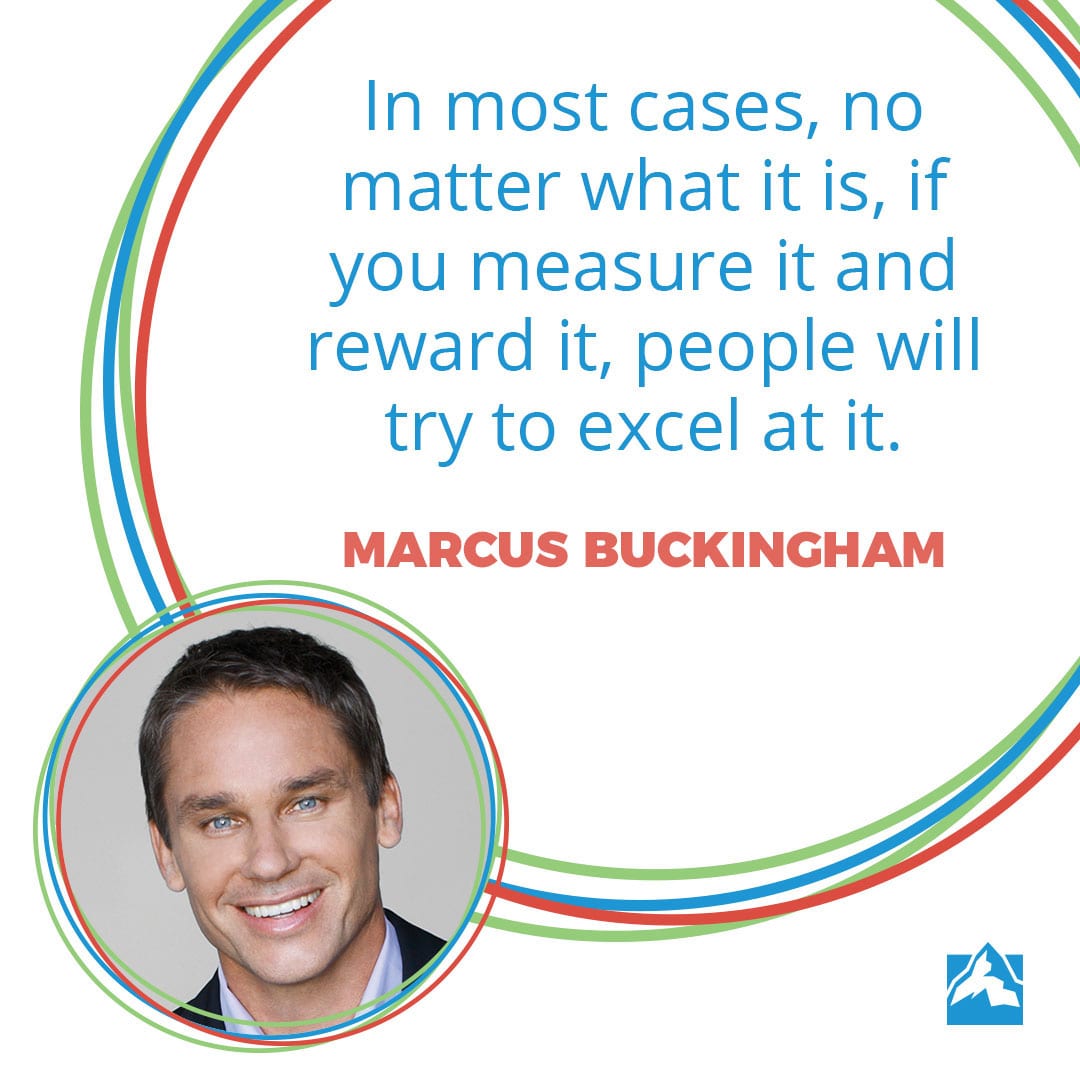
In most cases, no matter what it is, if you measure it and reward it, people will try excel at it.

The typical workday is long enough as it is, and technology is making it even longer. When you do finally get home from a full day at the office, your mobile phone rings off the hook, and emails drop into your inbox from people who expect immediate responses.
While most people claim to disconnect as soon as they get home, recent research says otherwise. A study conducted by the American Psychological Association found that more than 50% of us check work email before and after work hours, throughout the weekend, and even when we’re sick. Even worse, 44% of us check work email while on vacation.
A Northern Illinois University study that came out in 2016 shows just how bad this level of connection really is. The study found the expectation that people need to respond to emails during off-work hours produces a prolonged stress response, which the researchers named telepressure. Telepressure ensures that you are never able to relax and truly disengage from work. This prolonged state of stress is terrible for your health. Besides increasing your risk of heart disease, depression and obesity, stress decreases your cognitive performance.
We need to establish boundaries between our personal and professional lives. When we don’t, our work, our health and our personal lives suffer.
Responding to emails during off-work hours isn’t the only area in which you need to set boundaries. You need to make the critical distinction between what belongs to your employer and what belongs to you and you only. The items that follow are yours. If you don’t set boundaries around them and learn to say no to your boss, you’re giving away something with immeasurable value.
Success and fulfillment often depend upon your ability to set good boundaries. Once you can do this, everything else just falls into place.
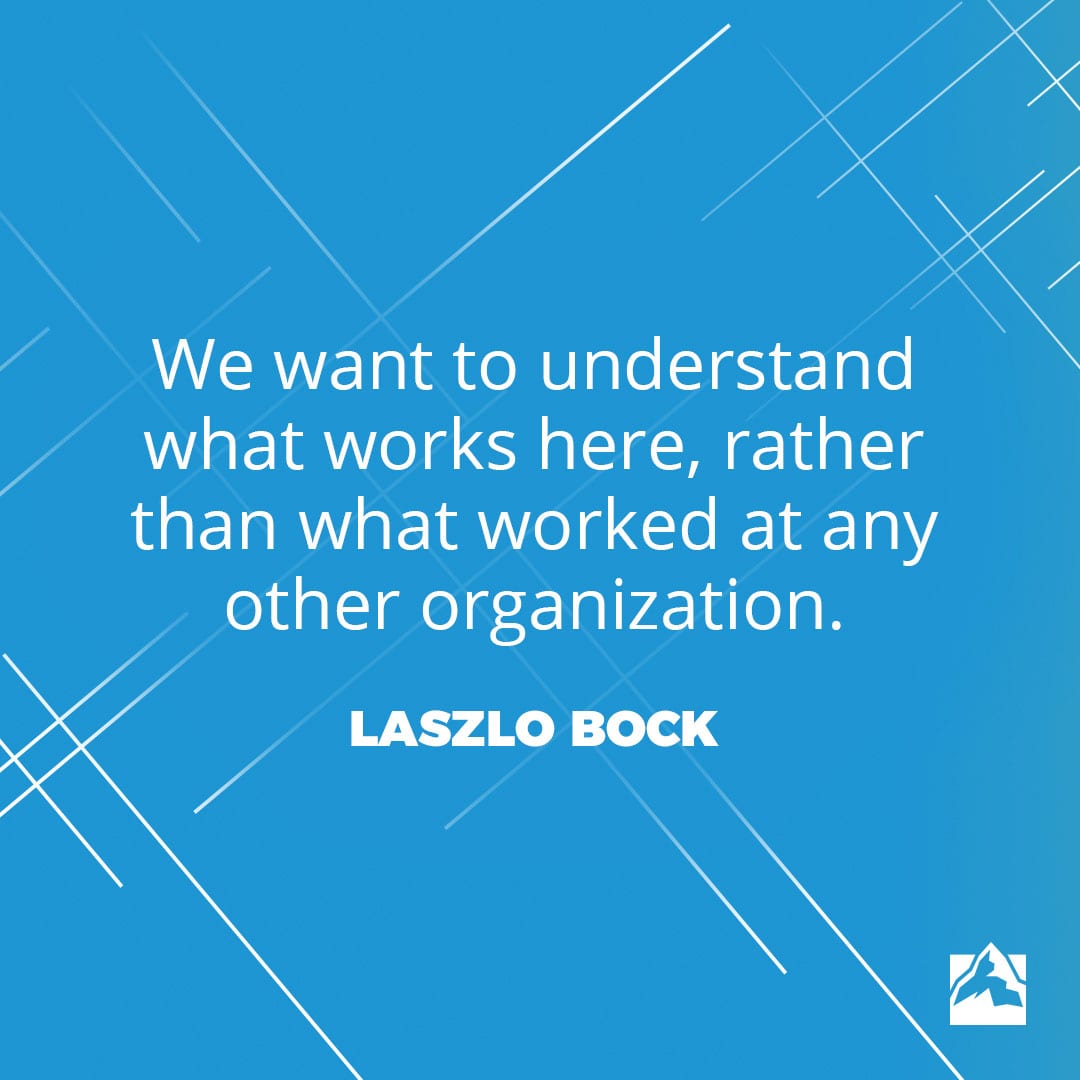
We want to understand what works here, rather than what worked at any other organization.
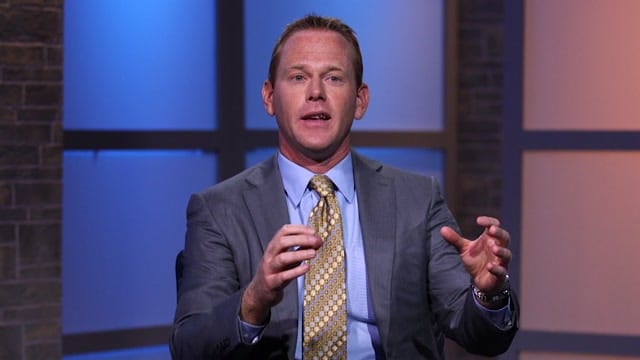
There is one major EQ mistake when hiring people. Listen to Travis Bradberry, author of Emotional Intelligence 2.0, backstage at the 2016 Global Leadership Summit.
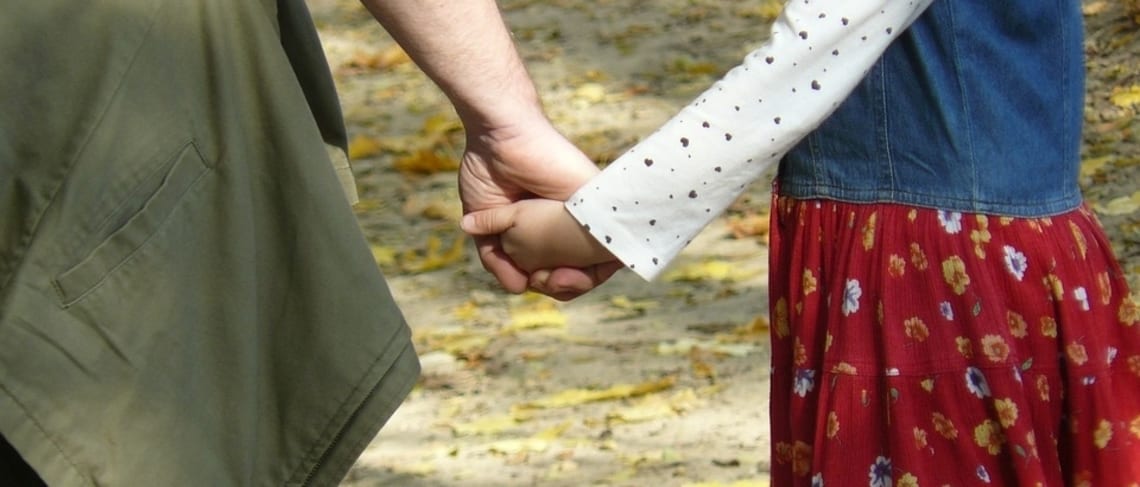
“Religion that God our Father accepts as pure and faultless is this: to look after orphans and widows in their distress and to keep oneself from being polluted by the world.”
It was the Super Bowl of 2015. Unlike the other commercials advertising beer, web domains or Doritos, one stood out among the rest, raising awareness on domestic violence and abuse.
She was suddenly able to put words to the sexual abuse she faced every day from her own father. Watching the commercial empowered her to speak up.
What happened next has been an extremely difficult journey for both her and her brother.
 This is where Tammy Crenshaw steps in. As a court appointed special advocate (CASA), she stands with children, empowering them to have a voice. As a CASA volunteer, Tammy comforts, cares for and serves children through possibly the worst time of their lives.
This is where Tammy Crenshaw steps in. As a court appointed special advocate (CASA), she stands with children, empowering them to have a voice. As a CASA volunteer, Tammy comforts, cares for and serves children through possibly the worst time of their lives.
“CASA volunteers provide a common sense mindset in the midst of chaos,” Tammy explains. “I have been a CASA for Shelby County, Indiana since April of 2012. I have helped several innocent children’s voices be heard in the court when they have found themselves in a situation they had no control over. I help give them a voice. When their parents or guardians let them down by abusing or neglecting them, and then authorities and the Department of Child and Family Services step in, I steadfastly stand alongside the children. In some ways, there are similarities between a CASA’s role and our relationship with those families that foster these children.
The CASA program is a nationwide volunteer program. Unlike the legal position of someone working for the Department of Child and Family Services with 20-30 cases on their desk at one time, CASA volunteers have just one case at a time. After an extensive 30-hour training course, a CASA is given a case. Each case then lasts from six months to a year, and they are able to offer individual attention to the children they serve.
Tammy has been on the same case with the young girl and her brother since 2013. And in 2015, after the young girl saw the Super Bowl commercial about domestic violence, Tammy was there to hold her hand while she testified to a jury.
“I know you will love me forever anyway,” the young girl said to Tammy one day while they were out shopping.
Those words have stuck with Tammy, “This is what it’s all about – loving these kids.”
In 2015, Tammy volunteered at her church to serve during The Global Leadership Summit. When she walked into the auditorium to catch a glimpse of the session, it was nothing less than a God-ordained moment.
 A video played about a pastor in Colorado who desires for every orphan in the state to be adopted—where families are waiting on children, not where children are waiting on families.
A video played about a pastor in Colorado who desires for every orphan in the state to be adopted—where families are waiting on children, not where children are waiting on families.
“I was immediately hit with a sense of urgency,” Tammy shares. “The more he talked about his project, the more I knew what needed to be done for the CASA program. I realized it doesn’t have to be about fostering kids. It’s about addressing a need in the community—for me that was Shelbyville, Indiana.”
“As a CASA, I wanted CASA volunteers to be waiting on children, not children waiting on a CASA!” Tammy exclaimed. “I asked my director if there was anyone recruiting for our CASA program. She said, ‘No, but you can if you want. There is definitely a need for more CASA’s in our community.’ That was all I needed to hear.”
The recruiting program has been going so well, CASA received a grant, and Tammy was offered a job recruiting and training more volunteers to join. “I would do this job for free because I’m so passionate about serving these kids,” says Tammy.
Tammy is also passionate about the Summit, and giving people the opportunity to hear God’s whisper in their life the way he whispered into hers. “You may not know who the speakers are or what videos are going to play. I wouldn’t have known!” Tammy said. “You never know what you’re going to hear or what conversations might come out of it. Had I not listened, I would have missed the moment when God pointed me in the direction where I needed to be going. I believe it was for such a time as this!”
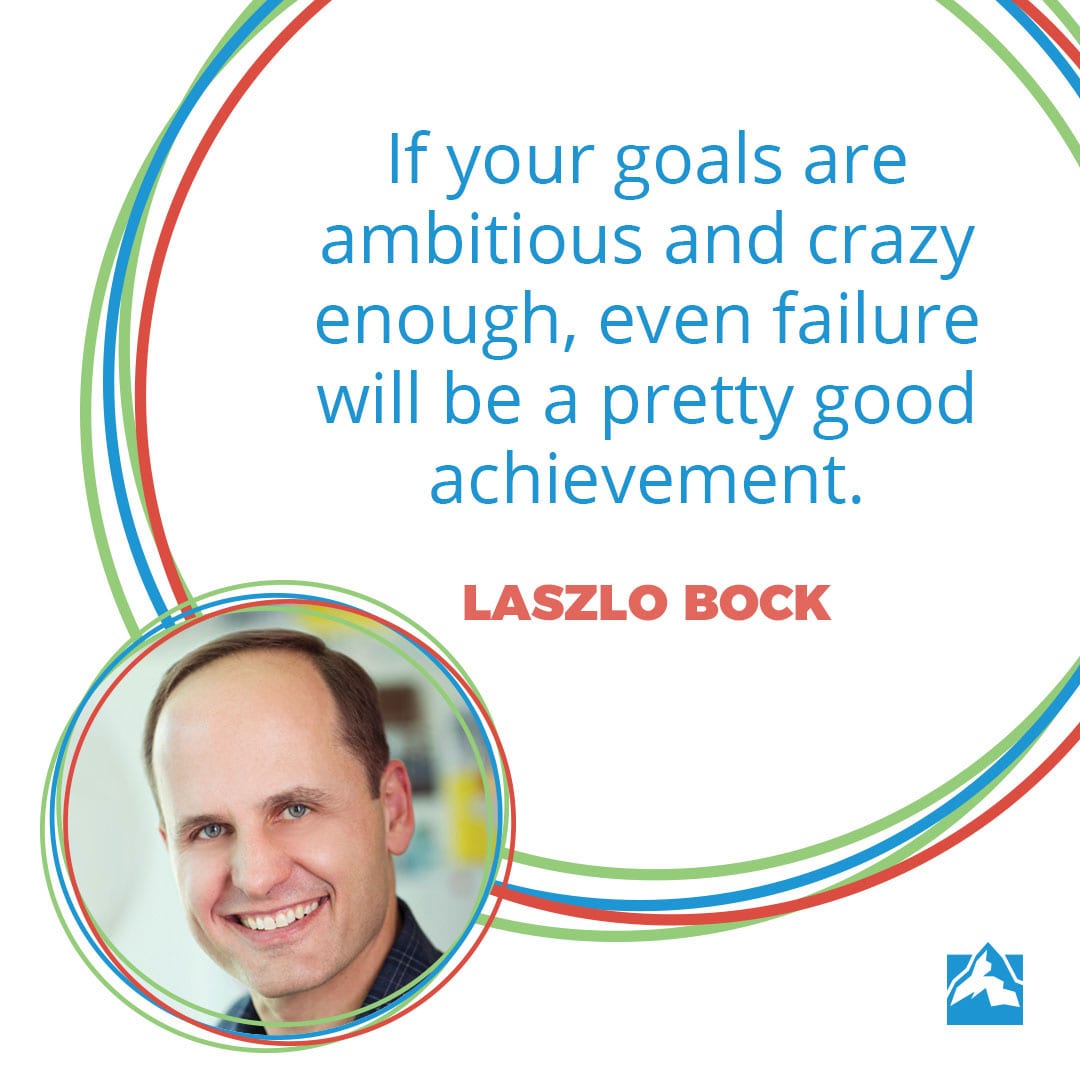
If your goals are ambitious and crazy enough, even failure will be a pretty good achievement.

 My name is Ahossey Yawovi Michel, and I am a full time Senior Pastor in Togo, Africa. I’m also on the board of the Evangelic Apostolic Church as well as the president of a local charity. Ultimately, I work toward my vision of helping people in my community by addressing their needs.
My name is Ahossey Yawovi Michel, and I am a full time Senior Pastor in Togo, Africa. I’m also on the board of the Evangelic Apostolic Church as well as the president of a local charity. Ultimately, I work toward my vision of helping people in my community by addressing their needs.
I’ve been attending The Global Leadership Summit since 2010. I can confess that the Summit is helping me to accomplish my grander vision!
Through my charity, we have been able to provide water to three different villages. The impact of this is bigger than water. As a result of this work, more people came to Christ! We are so grateful to God!
I sincerely want to thank Willow Creek Association because of the impact the Summit is having in our country. I believe God will do more great things through the inspiration of the Global Leadership Summit in the coming years. Thank you!
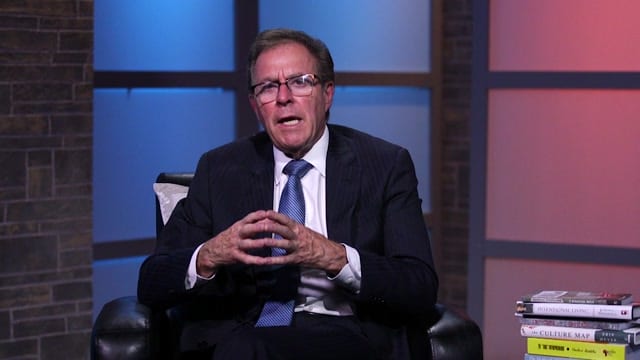
To create a culture of excellence and efficiency, a leader must set the standard and keep others accountable. Listen to Horst Schulze provide backstage coaching at the 2016 Global Leadership Summit.
“We welcome and encourage comments on this site. There may be some instances where comments will need to be edited or removed, such as:
If you have any questions on the commenting policy, please let us know at heretoserve@globalleadership.org”
Recent Comments